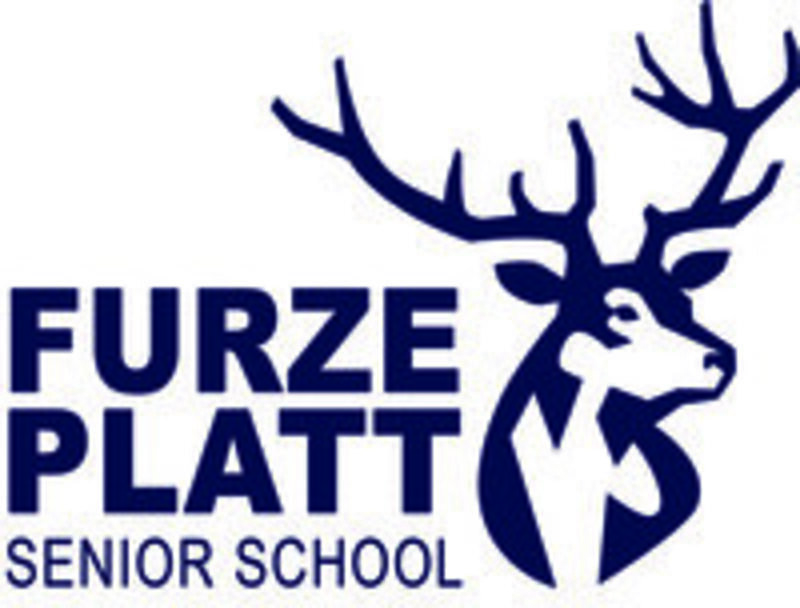
Physics is the study of nature; it aims to understand particles, energy, forces and fields on both the smallest and largest scales, from the interaction of the smallest particles to the way the Universe has evolved since the beginning of time. Alongside these fundamental aspects, we will also cover topics more relevant to our daily lives and see how Physics underpins much of the technology we have come to rely on in the modern world, and has inspired the digital revolution. Course Content Paper 1 – In Year 12, we study the fundamental particles and forces that our Universe is made of, and how those particles interact. We will go on to look at wave behaviour, materials and mechanics, and deepening our understanding of electricity from GCSE level. Paper 2 – In Year 13, we look at mechanics in more detail. We will study thermodynamics and gas laws, as well as the molecular kinetic theory model. We will also cover electric, gravitational fields and magnetic fields, before studying radioactivity along how it is used in the modern world, along with nuclear energy. Paper 3 – Throughout the course, there will be a minimum of 12 assessed practical investigations, designed to demonstrate and hone your practical skills. These will be examined in Paper 3, along with an optional topic with the choice from: Medical Physics, Engineering, Astrophysics, Turning points, Electronics
Minimum grade 6 in GCSE Physics or minimum 6/6 in GCSE Combined Science, minimum grade 6 in GCSE Maths and minimum grade 4 in GCSE English.
About Education Provider
| Region | South East |
| Local Authority | Windsor and Maidenhead |
| Ofsted Rating | Good |
| Gender Type | Co-Educational |
| Address | Furze Platt Road, Maidenhead, SL6 7NQ |
Physics is the study of nature; it aims to understand particles, energy, forces and fields on both the smallest and largest scales, from the interaction of the smallest particles to the way the Universe has evolved since the beginning of time. Alongside these fundamental aspects, we will also cover topics more relevant to our daily lives and see how Physics underpins much of the technology we have come to rely on in the modern world, and has inspired the digital revolution. Course Content Paper 1 – In Year 12, we study the fundamental particles and forces that our Universe is made of, and how those particles interact. We will go on to look at wave behaviour, materials and mechanics, and deepening our understanding of electricity from GCSE level. Paper 2 – In Year 13, we look at mechanics in more detail. We will study thermodynamics and gas laws, as well as the molecular kinetic theory model. We will also cover electric, gravitational fields and magnetic fields, before studying radioactivity along how it is used in the modern world, along with nuclear energy. Paper 3 – Throughout the course, there will be a minimum of 12 assessed practical investigations, designed to demonstrate and hone your practical skills. These will be examined in Paper 3, along with an optional topic with the choice from: Medical Physics, Engineering, Astrophysics, Turning points, Electronics
Minimum grade 6 in GCSE Physics or minimum 6/6 in GCSE Combined Science, minimum grade 6 in GCSE Maths and minimum grade 4 in GCSE English.